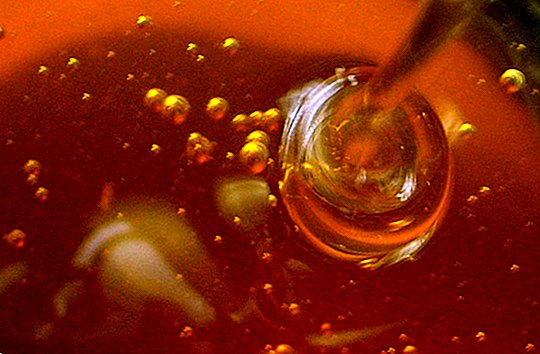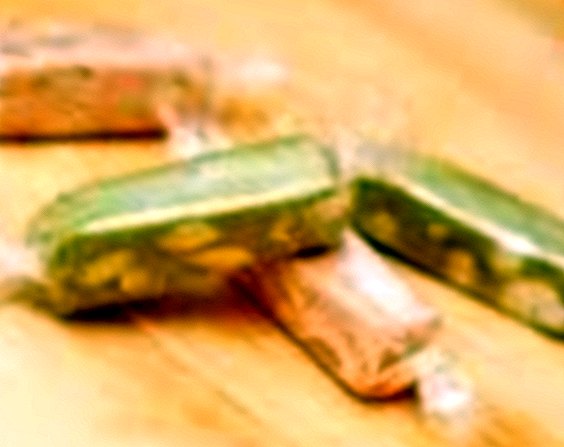Watermelon seeds: benefits, properties and how to eat them
The watermelon It is one of those fruits as delicious as nutritious and extremely refreshing, ideal in the summer months to help us stay properly hydrated during a hot day, while providing interesting nutritional qualities and many benefits for our health. In fact, just take a look at what are the most important benefits of watermelon to notice it: it is very rich in water, it hydrates and remineralizes us, it is very rich in lycopene (a nutrient with great antioxidant power), it contributes very few calories and fat, helps to purify the organism and stimulates diuresis in a completely natural way.
It is a seasonal fruit of the summer, hence it is common to find it in the market especially between the months of June to August, being able to be somewhat more complicated to acquire it from the month of September. As you surely know, it is also known with other curious names, such as water melon, melancia or pin.

Inside, in addition to its interesting benefits already mentioned in the previous lines, we find some seeds of small size and dark color that rather tends to be brown pulling to black, and on which -in fact- we do not notice so much. Did you know that they bring interesting properties for health? We went on to discover some of its most important qualities.
Benefits of watermelon seeds
1. Natural laxatives
Watermelon seeds are very rich in Dietary fiber, so that they are an ideal option in case of occasional constipation, thanks to which they help to regulate the intestinal transit to the stimulate intestinal motility in a completely natural way
2. Excellent diuretic action
As with watermelon, its seeds exert an interesting diuretic action, so they are ideal when it comes to purify our body and help us eliminate accumulated toxins.
Are good for the kidneys, since they stimulate the different renal functions. Hence, they become an ideal option when it comes to purifying the kidneys and as a natural treatment in case of hypertension, kidney stones (kidney stones) and fluid retention.
3. Very rich in natural antioxidants
As with watermelon, the seeds are very rich in antioxidant nutrients. While watermelon is extremely rich in lycopene (which we also find in other foods, such as, for example, tomatoes), its seeds provide interesting amounts of magnesium and zinc.

As you surely know, both zinc and magnesium are two minerals that help reduce the negative action of free radicals.
4. Wonderful source of energy
While watermelon is a very low calorie fruit, since 100 grams of watermelon contribute only 20.3 calories, their seeds are tremendously energetic, so that they become an ideal option for when we need an extra contribution of energy.
In fact, 100 grams of watermelon seeds provide 555 calories.
How to eat watermelon seeds
Watermelon seeds consumed in excess can cause digestive and stomach problems. Therefore, in the first place it is recommended to consume only a small handful of these seeds a day. Precisely to avoid these discomforts it is more advisable grind them before consuming them.
In addition, since due to both its size and its inner lining, can pass through our digestive tract without being processed, to enjoy all its properties is convenient to chew well before ingesting them.
Images | denise carrasco / Lars Plougmann This article is published for informational purposes only. You can not and should not replace the consultation with a Nutritionist. We advise you to consult your trusted Nutritionist. ThemesSeeds Food



